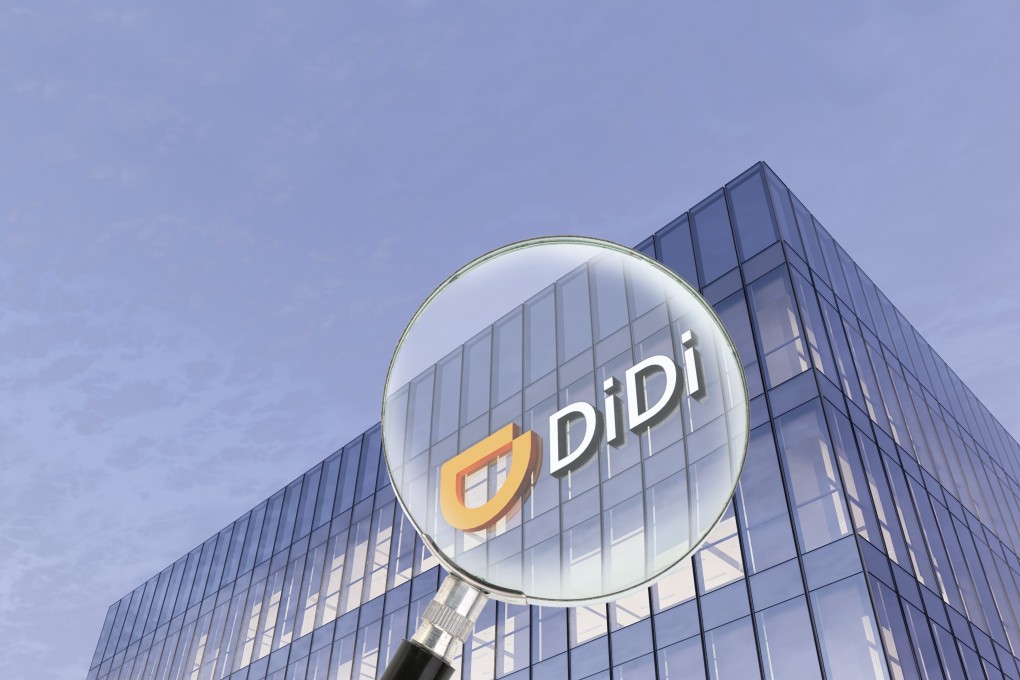Didi will weather current storm but clouds remain as Beijing works to cap platform’s share of taxi fares
- A recent Securities Times commentary said ‘it’s time for ride-hailing platforms to give up the fantasy of making high profits’
- Didi announced some changes to its app this week, allowing drivers in seven cities to see clearly how much the platform has taken from each ride

The sky will be limited for Didi Chuxing even if the ride-hailing giant can survive the current cybersecurity investigation, as Beijing is now working to cap how much the platform will be able to take from each ride, according to analysts and state media reports.
According to a commentary published by the Securities Times, which is run by the Chinese Communist Party’s mouthpiece the People’s Daily, “it’s time for ride-hailing platforms to give up the fantasy of making high profits” and that their function of linking passengers with drivers should be a “quasi public service”.
“Service prices on these platforms should be managed in such a way that the priority is never to make a fat profit,” the commentary stated. The piece did not name Didi Chuxing specifically, but Didi is the dominant player with a market share of about 90 per cent.
The commentary came two days after China’s Ministry of Transport demanded that ride-hailing platforms set an upper limit on their commission rates. The ministry said platforms like Didi must not charge “excessively high” commission rates and should let passengers and drivers know the ceiling.
“After some online ride-hailing platforms gained a dominant position in the market, this has arbitrarily changed their business strategies, such as pricing rules, which has infringed the rights of drivers,” the ministry said, without naming specific companies.
Didi did not immediately reply to a request for comment on Friday.